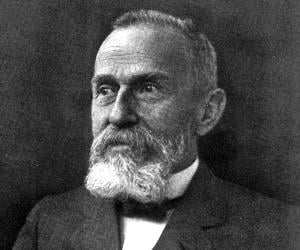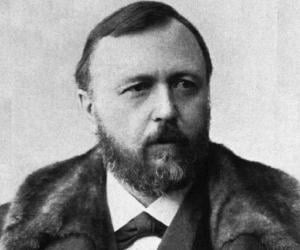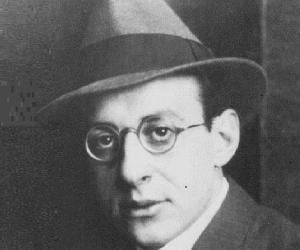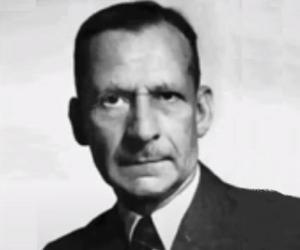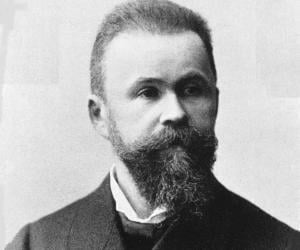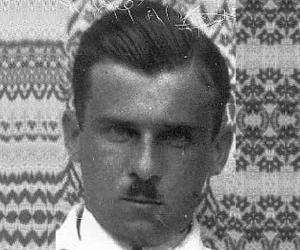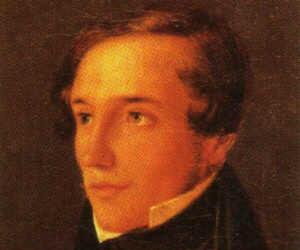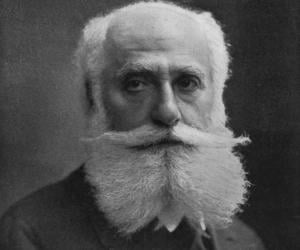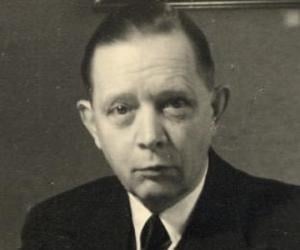1
Alois Alzheimer
(Psychiatrist, Neuropathologist)
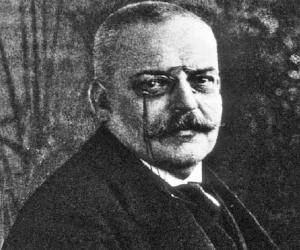
25
3
Birthdate: June 14, 1864
Sun Sign: Gemini
Birthplace: Marktbreit
Died: December 19, 1915
Alois Alzheimer was a German psychiatrist and neuropathologist who worked closely with Emil Kraepelin. He is known for identifying the first published case of "presenile dementia," later recognized as Alzheimer's disease. His groundbreaking work in neuropathology and psychiatry significantly contributed to the understanding and diagnosis of dementia-related conditions. Alzheimer's research laid the foundation for the field of Alzheimer's disease and continues to influence the study and treatment of neurodegenerative disorders.
